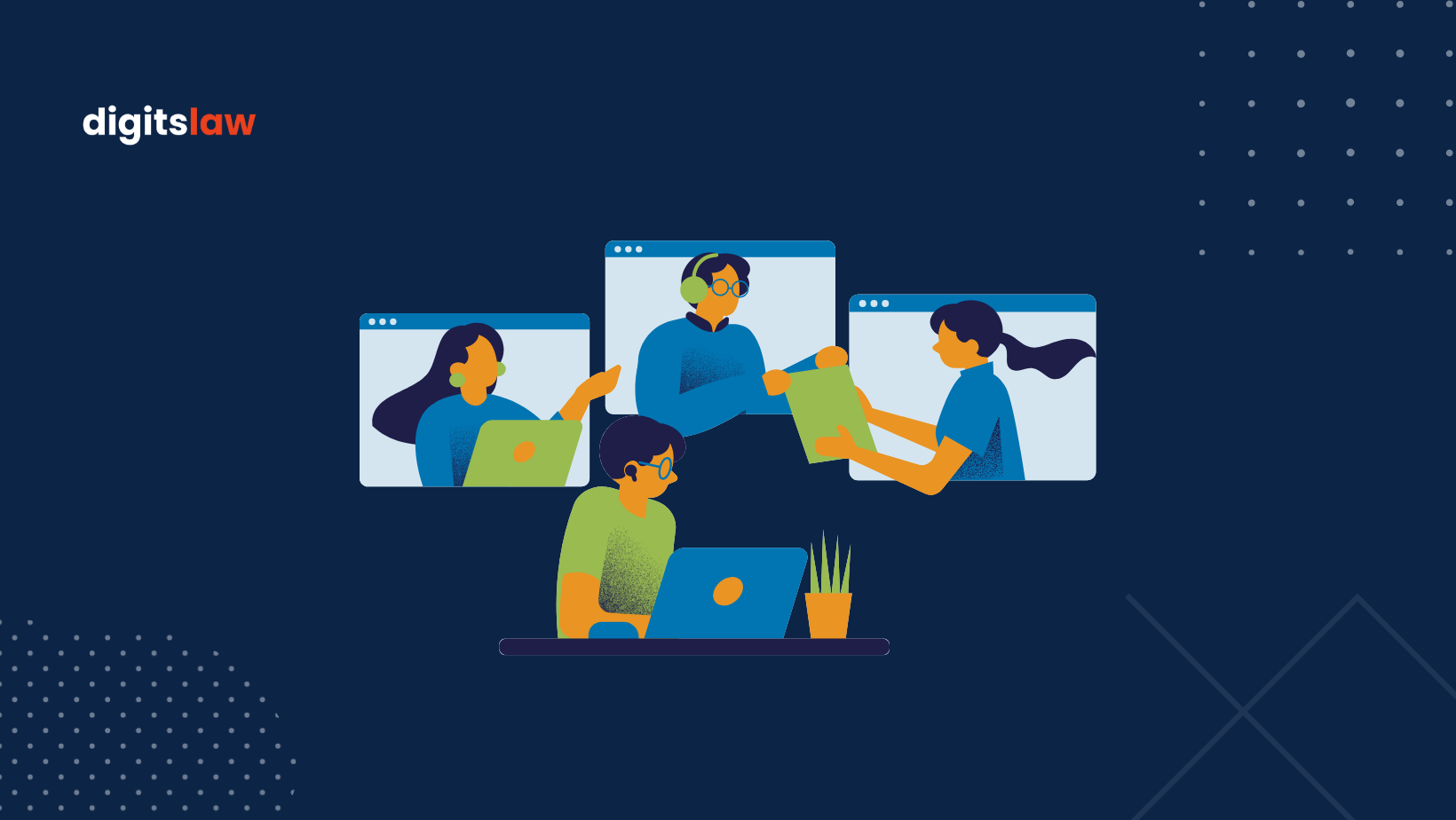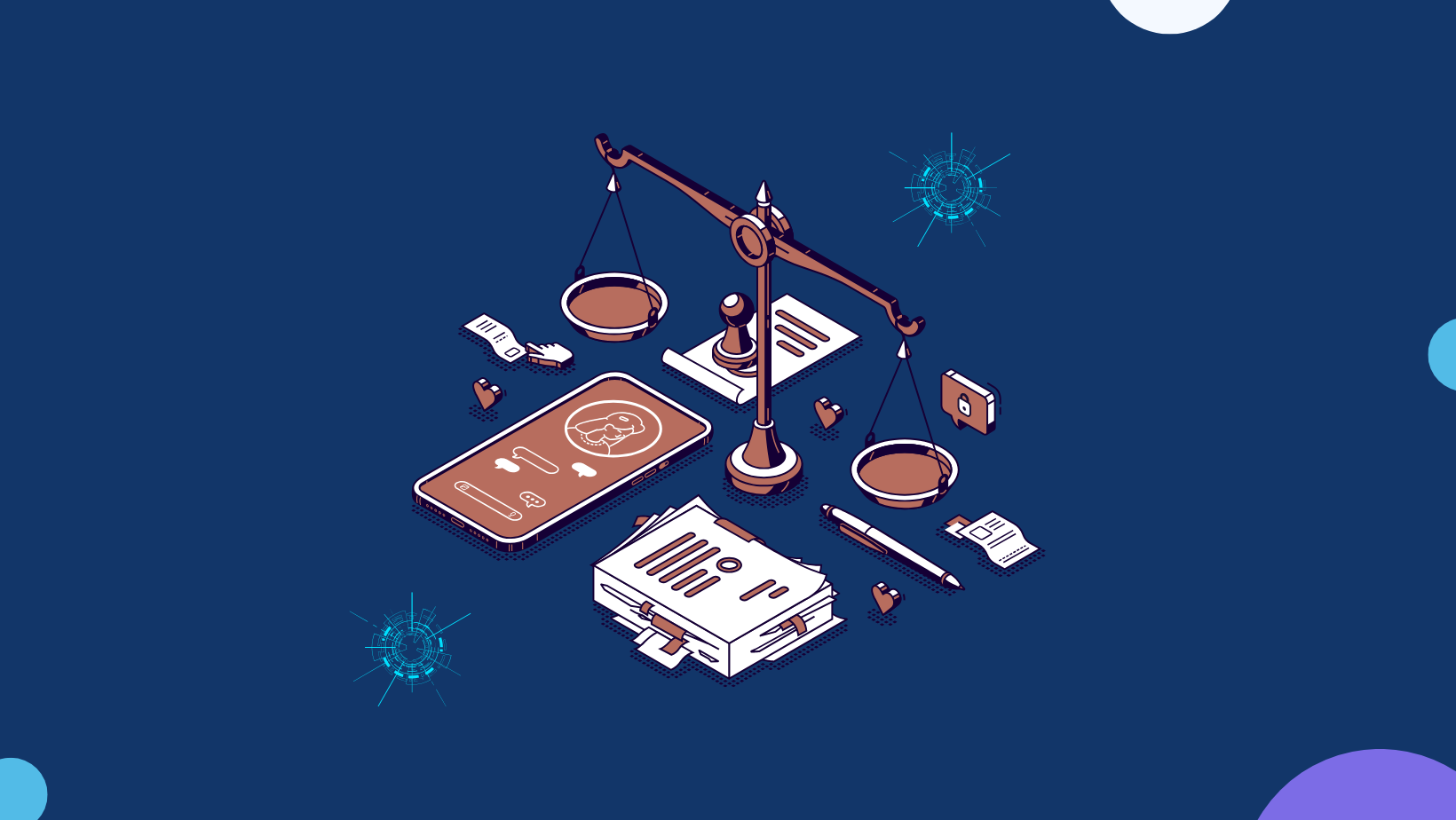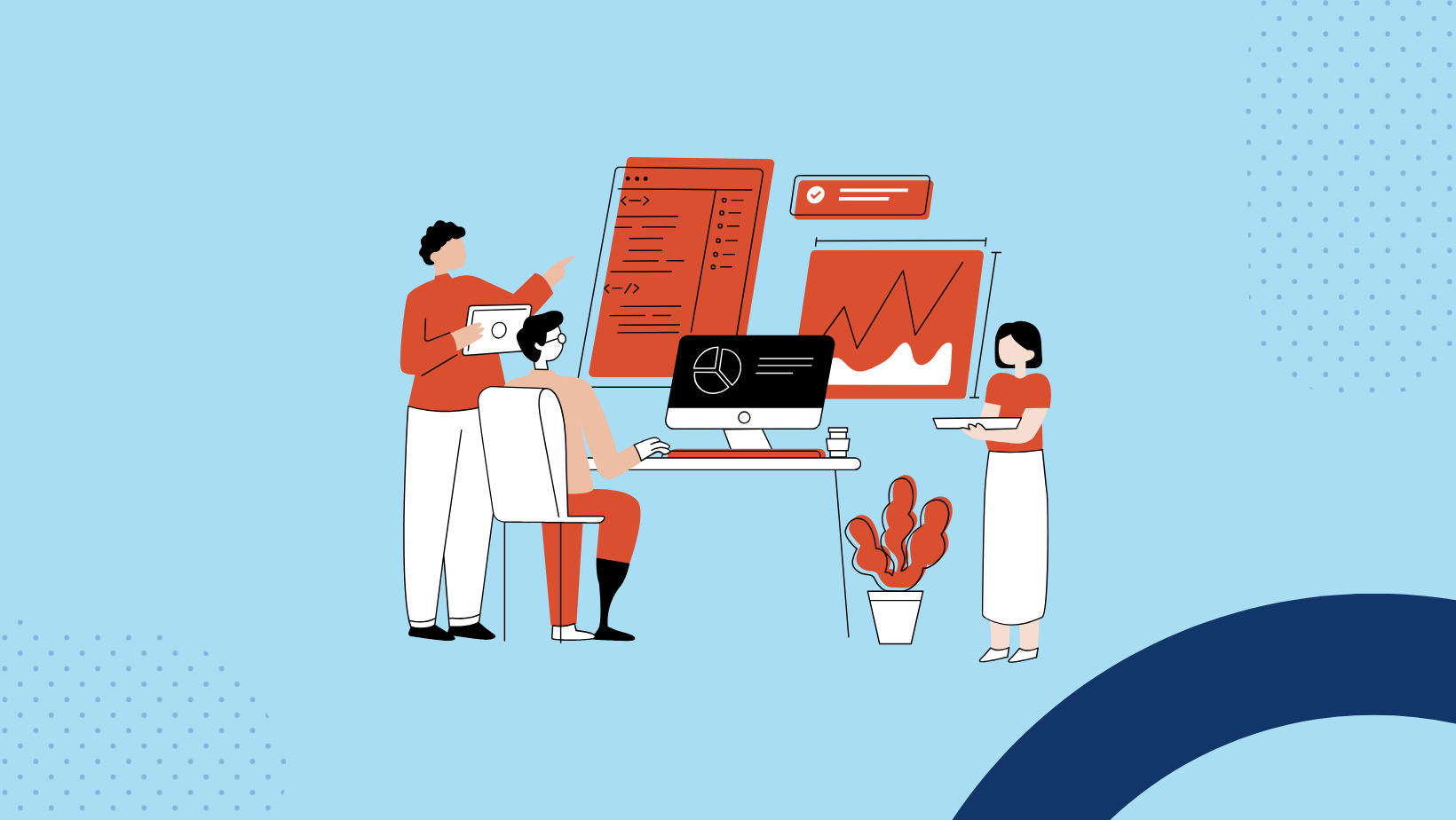As technology advances, the legal industry embraces artificial intelligence (AI) to streamline processes, improve efficiency, and enhance client services. One of the notable AI applications in the legal sector is chatbots for lawyers. Being a lawyer is a demanding profession that involves managing clients, handling multiple legal cases, and staying on top of administrative tasks. It requires exceptional management skills, patience, and unwavering dedication.
Traditionally, chatbots have been used as a way to connect clients with lawyers. A chatbot would ask a few questions to determine the client’s needs and then direct them to the right person. However, chatbots can do much more than that. Read on to learn more about how to get the most out of chatbots for lawyers.
What Are Chatbots For Lawyers?
Chatbots for lawyers are virtual assistants powered by artificial intelligence (AI) and natural language processing (NLP) technologies specifically designed to assist lawyers and law firms in their daily operations. These chatbots are programmed to interact with clients, website visitors, or internal staff, providing automated responses, guidance, and support related to legal matters.
The need for chatbots for lawyers came from a common challenge encountered in live chat systems. Clients expect live chat to be instantaneous, but sometimes there are situations where a legal professional is unavailable to respond promptly. Chatbots for lawyers fixed this problem by operating 24/7 and ensuring that inquiries are addressed on time.
The Benefits of Chatbots For Lawyers
Chatbots are becoming increasingly popular in the legal industry, as they offer many benefits for lawyers and their clients. Through the power of automation, a chatbot can respond within seconds to questions. Here are some of the benefits of chatbots for lawyers:
Save Time And Money
Chatbots can handle routine inquiries, allowing lawyers to focus on more complex and high-value tasks. By automating these easy, but time-consuming tasks, lawyers can focus on completing more work. They can also reduce the need for hiring additional support staff, leading to cost savings for law firms.
Improve Efficiency
Chatbots can do more than just answer client questions. It can be programmed to perform client intake and book legal consultations saving time for both lawyers and clients. A law firm chatbot can automate its client intake process for a more efficient way to engage clients.
Improved Client Service
Chatbots can offer 24/7 support to clients, answering common questions, providing essential legal information, and directing clients to relevant resources. This enhances the client experience and helps build trust and loyalty. A law firm’s chatbots can also retain information on returning clients.
Applications of Chatbots for Lawyers
Client Intake: Chatbots for lawyers can serve as an alternative to traditional client intake forms, providing a more interactive experience. They enable potential clients to seek clarification on specific questions during the intake process.
Legal Research: Chatbots can efficiently navigate through extensive conversation records, transcripts, and other data sources a lot faster and easier. This feature simplifies the process of searching for specific information, allowing lawyers to conduct legal research more effectively and save time.
Client Communication: Answering questions is a common and essential application of chatbots for lawyers. Most chatbots are equipped to handle simple yes or no questions and come with a predefined set of frequently asked questions that utilize keyword detection workflows. For instance, if a question contains keywords like “operating hours,” the chatbot can provide a quick response with the specific hours of operation.
However, advanced chatbots built with AI offer a higher level of sophistication. These AI-powered chatbots can handle more complex questions and provide more detailed responses. These chatbots can provide accurate and tailored answers, even for nuanced legal queries by analyzing the input and utilizing machine learning techniques.
Time Tracking: Legal chatbots can serve as an effective time-tracking tool for lawyers, allowing them to track their billable and non-billable hours. This feature enables lawyers to monitor their utilization rates and gain a clear understanding of the amount of time dedicated to non-billable tasks. By using legal chatbots for time tracking, lawyers can effectively manage their time and ensure optimal allocation to billable activities.
Lead Generation: Legal chatbots equipped with automated booking functionality can effectively qualify potential clients and schedule legal consultations promptly whenever a new inquiry arises. This empowers law firms to generate leads and engage with potential clients 24/7, ensuring a seamless and continuous flow of new opportunities.
Due Diligence: Doing due diligence can sometimes be a laborious and time-consuming task for lawyers, especially when it involves verifying facts and figures within a case. However, advanced AI-powered chatbots designed for lawyers can streamline and expedite this process.
These chatbots can review numerous documents simultaneously, leveraging AI algorithms to extract key information and provide concise summaries for legal professionals. By automating due diligence, these chatbots save lawyers valuable time and enhance efficiency in analyzing case-related data.
Implementing Chatbot for Lawyers
Define your objectives: Determine the specific goals and objectives you want to achieve with the chatbot. This could include client support, lead generation, or automating certain legal processes.
Identify use cases: Identify the areas where a chatbot can add value, such as answering common legal questions, providing legal forms and templates.
Choose a platform: Select a chatbot platform or framework that suits your needs. Consider factors like ease of use, integration capabilities with existing systems, and customization options.
Design the conversation flow: Create a logical conversation flow that guides users through their inquiries or legal processes. Consider different user inputs and provide appropriate responses or suggestions.
Develop the chatbot: Build the chatbot using the chosen platform or engage with a developer who specializes in chatbot development. Test the chatbot thoroughly to ensure it performs as intended.
Source – Mytechdecision
Integrate with existing systems: Integrate the chatbot with your website, client management systems, or other relevant tools to provide a seamless experience for users.
Train the chatbot: Teach the chatbot about your specific legal domain and ensure it has access to relevant legal resources. Regularly update and refine the chatbot’s knowledge base to keep it up to date.
Conclusion
In the past, lawyers often had to deal with paperwork and repetitive tasks, such as answering the same questions repeatedly. However, with the emergence of new technologies like chatbots, lawyers now have the opportunity to automate and streamline their workflows. By leveraging chatbots, lawyers can allocate more time and attention to their clients and focus on what truly matters.







